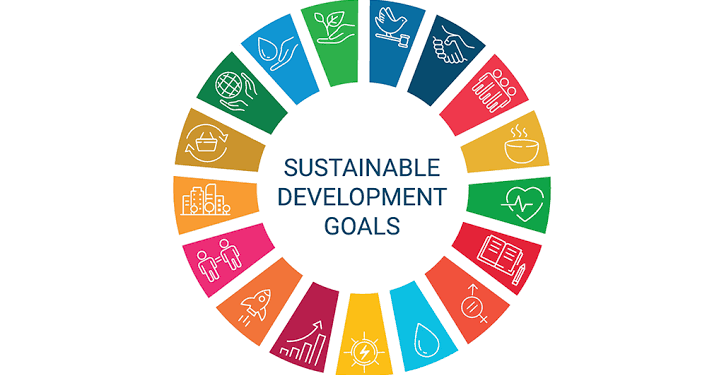A global public health expert specialising in maternal and newborn health, Charles Ameh, has warned that Nigeria is unlikely to meet its Sustainable Development Goal (SDG) targets for maternal, newborn, and child health (MNCH) by 2030.
Mr Ameh said this during a webinar on Financing Maternal & Child Death Crashing Intervention: “Achieving Scale, Scope and Sustainability for Impact,”, on Wednesday.
The meeting was organised by Development Governance International Consult (DGI Consult), a purpose-driven governance, research, and institutional capacity-strengthening consulting firm.
He said urgent reforms in health financing, data management, and leadership were needed in tackling the challenge.
He described Nigeria’s maternal and child mortality figures as “extremely high,” citing the latest UN Maternal Mortality Estimation Inter-Agency Group report, which ranked Nigeria as having the highest number of maternal and child deaths globally in 2023.
“The highest allocation for health in Nigeria was 6.23 per cent of the national budget in 2012. Since then, not only has funding remained far below the Abuja Declaration target of 15 per cent, but utilisation of allocated funds has been inefficient,” he said.
He noted that federal capital releases to the health sector dropped from 96 per cent in 2018 to just 47 per cent by the third quarter of 2022, with late disbursements, inability to absorb funds, and subsequent returns to the treasury further weakening the system.
He also raised that alarm over the recent cuts in funding from the United States Agency for International Development (USAID), warning that the impact, likely to be felt heavily within six months, could significantly derail progress in MNCH and other public health areas.
“Funding from USAID has propped up health systems in many low-resource countries. Cuts affect jobs, medications, people on life-saving HIV treatment, and essential health programmes. Some smaller countries have seen up to 50 per cent of their health workforce supported by donor funds, and they are now struggling,” he noted.
The professor stressed that countries with the highest mortality burdens often have weak health data systems, relying heavily on retrospective surveys such as the Demographic and Health Surveys (DHS) programme.
He said, “With U.S. funding cuts threatening DHS operations for the next three years, Nigeria could face critical gaps in timely, reliable health data for decision-making.’’
Quoting the WHO director-general’s August 5, 2025, address at the Africa Health Sovereignty Summit in Accra, Mr Ameh emphasised the need for African countries to reduce aid dependency, noting that global health aid was projected to fall by up to 40 per cent compared to two years ago.
He urged Nigeria to increase domestic health financing, improve efficiency in resource management, strengthen national health data systems, and prioritise leadership reforms.
“Up to 13 per cent of health budgets in low- and middle-income countries are lost to weak public financial management systems. We must address these inefficiencies while also reducing out-of-pocket spending, improving care quality, and expanding coverage of evidence-based interventions,” he said.
He also called for global reforms towards a fairer and more accountable health architecture, where donors strengthen national systems instead of creating parallel structures.
“Nigeria recently led a World Health Assembly resolution advocating for domestic investment and governance reforms. Health is not a cost; it is an investment. This moment must be seized for transformation,” Mr Ameh said.
(NAN)






